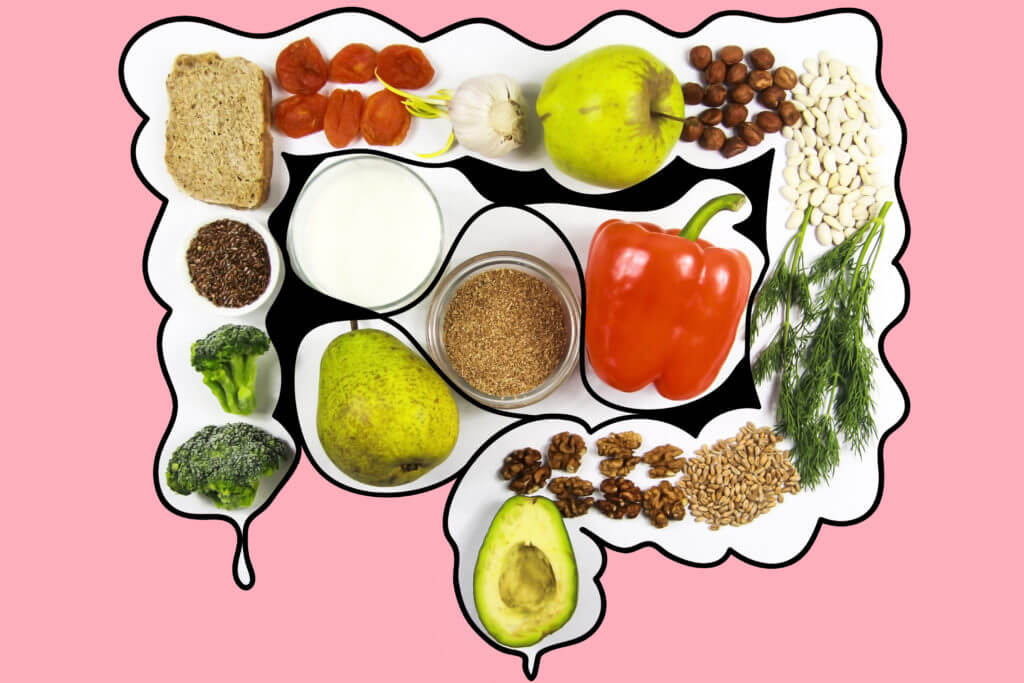The gut microbiota operates as the command center for many internal body functions. Research indicates that gut health affects everything from mental health to disease prevention. The gut microbiome can also change depending upon diet consumption and lifestyle. Because gut microbiome upkeep is imperative to overall health and wellbeing, it’s necessary to explore how to support gut health.
- Get adequate sleep to support gut health:
Getting a healthy amount of sleep at night contributes to brain cognition, mood, gut health, and biodiversity. Studies show that inadequate sleep negatively affects gut flora and can increase the risk of internal inflammation. Average adults should get 7 hours of nightly sleep.

- Consume prebiotics and probiotics to support gut health:
Research also suggests that taking prebiotics and probiotics helps maintain a healthy gut microbiome and reduces gastrointestinal inflammation.
- Exercise regularly to support gut health:
Regular exercise can aid in digestion and healthy gut flora, which can also control the onset of obesity. Generally, healthy adults should participate in a minimum of 2 hours and 30 minutes of exercise each week along with at least two days of activity that contributes to muscular strengthening.
- Eat fiber and fermented foods to support gut health:
Fermented foods such as miso, kombucha, kefir, and fermented vegetables are a good source of natural probiotics. Additionally, probiotics get support from non-digestible carbohydrates or prebiotics. This interaction between prebiotics and probiotics stimulates the multiplication of good gut bacteria. Foods rich in prebiotics include garlic, bananas, asparagus, onions, and whole grains.
- Avoid ingesting unnecessary antibiotics to support gut health:
At times, antibiotics are necessary to fight off bacterial infections in the body. However, studies by the CDC show that 30% of antibiotics in the United States are prescribed unnecessarily. Ingestion of unnecessary and excessive antibiotics can harm the gut microbiota and even negatively impact the immune system.
- Manage stress to support gut health:
Stress in the form of psychological anxiety or environmental strain can hurt healthy bacteria and beneficial microorganisms in the gut microbiome. Stress management in the way of muscle relaxation, exercise, meditation, and deep breathing alongside adequate sleep and good nutrition can play a role in regulating a healthy and whole gut microbiota.
The gut microbiome is sensitive to internal and external environmental changes. These six daily practices can help to support gut health. A healthy and whole gastrointestinal microbiota aids in promoting optimal physiological functions, fostering disease prevention, and stimulating overall well-being.











